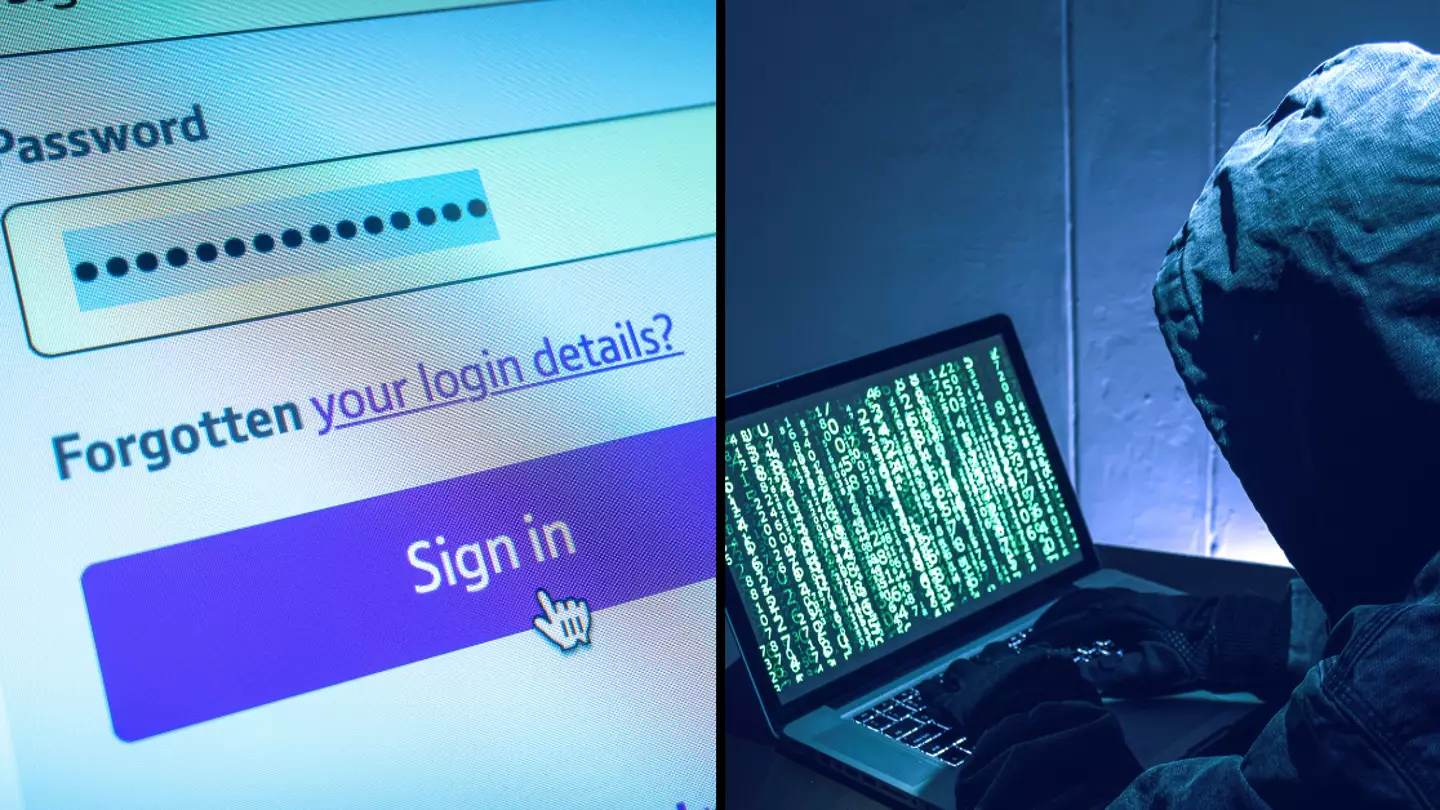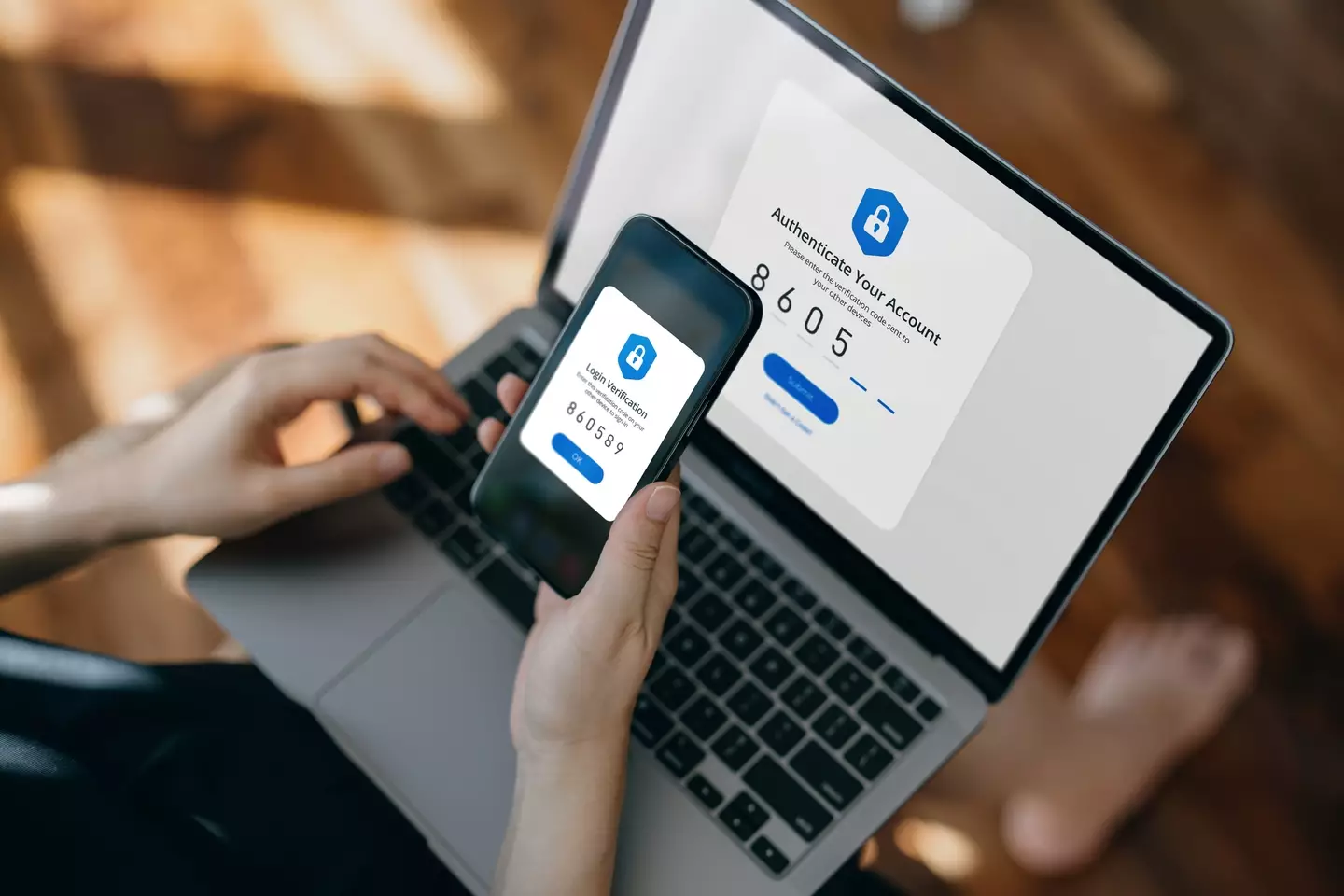
An expert hacker who uses his talents for good has revealed the password combinations you should absolutely avoid if you want to keep your details and money safe.
Being hacked online can turn your life upside down. From having your bank account drained to losing access to your Instagram or Facebook accounts.
The year of 2024 is expected to see the annual cost of cyber crime reach the unfortunate highs of £7 million.

Advert
And the future looks grim, with official estimates saying that cyber crime is only going to increase, with year-on-year increases of 15 percent expected over the course of the next two years.
One of the easiest ways hackers gain access to people's private information of finances is through terrible password combinations. If you're still using 123 in there, have a word.
Joe Cockroft is an ethical hacker at the NEBRC and has expert training in hacking in to complex systems, with a speciality in understanding how cyber criminals carry out attacks.
Password themes you should avoid
Cockroft said you should never use 'identifiable information'.
He explains: "Using identifiable information, such as a favourite football team, names of family members, or the city you live in, can make passwords easier to determine.
"While this information may be easy to remember, it could also be easy for threat actors to figure out after a short time exploring your social media profiles, for example.

"NordPass’ Most Common Password List shows just how popular football teams are for UK passwords, as well as how many passwords lack complexity and are often a single word. Threat actors will often use a list of thousands or millions of words that help them crack your password.
“The National Cyber Security Centre advises that regularly changing passwords can cause more harm than good. Instead, it suggests that better password hygiene is more sufficient in securing accounts.
"Nevertheless, passwords should be changed immediately if a compromise is suspected or known.”
Don't reuse passwords
You should have different passwords for your log ins across the internet for one simple reason: if hackers get in to one, you don't want them to get in to all.
Tom Holloway, head of cybersecurity at Redcentric, says: “The fact that so many people reuse the same password on multiple accounts/services is a real worry.
"If their credentials for one site are compromised, those credentials could be used to access a wide range of password protected services with relative ease.
“The simplest approach is to use a password manager which means that you don’t need to record them elsewhere, such as in their phone, in their browser or even on a written piece of paper.
"Storing your passwords in any insecure place that doesn’t even itself require a password to access, could result in them being very easily stolen.”

Top passwords you should never use
According to NordPass' Most Common Password List, these are the passwords that are cracked within seconds by expert hackers.
Going through the list, you'll quickly come across a theme:
- 123456
- admin
- 12345678
- 1234
- 12345
- password
- 123
- Aa123456
- 1234567890
- 1234567
- 123123
- 111111
- Password
- 12345678910
- 000000
- admin123
- 1111
- P@ssw0rd
- root
- 654321
- qwerty
- Pass@123
- 112233
- 102030
- ubnt
How to protect yourself online
Complex passwords are the easiest way to keep your information safe. We're talking a mix of numbers, symbols, and letters.
You should also turn on multi-factor authentication (MFA), also known as two-factor authentication (2FA). This is where you'll often be sent a code via your mobile device to make sure if it definitely you logging in and not a hacker trying their luck.
Topics: Crime, Technology, World News